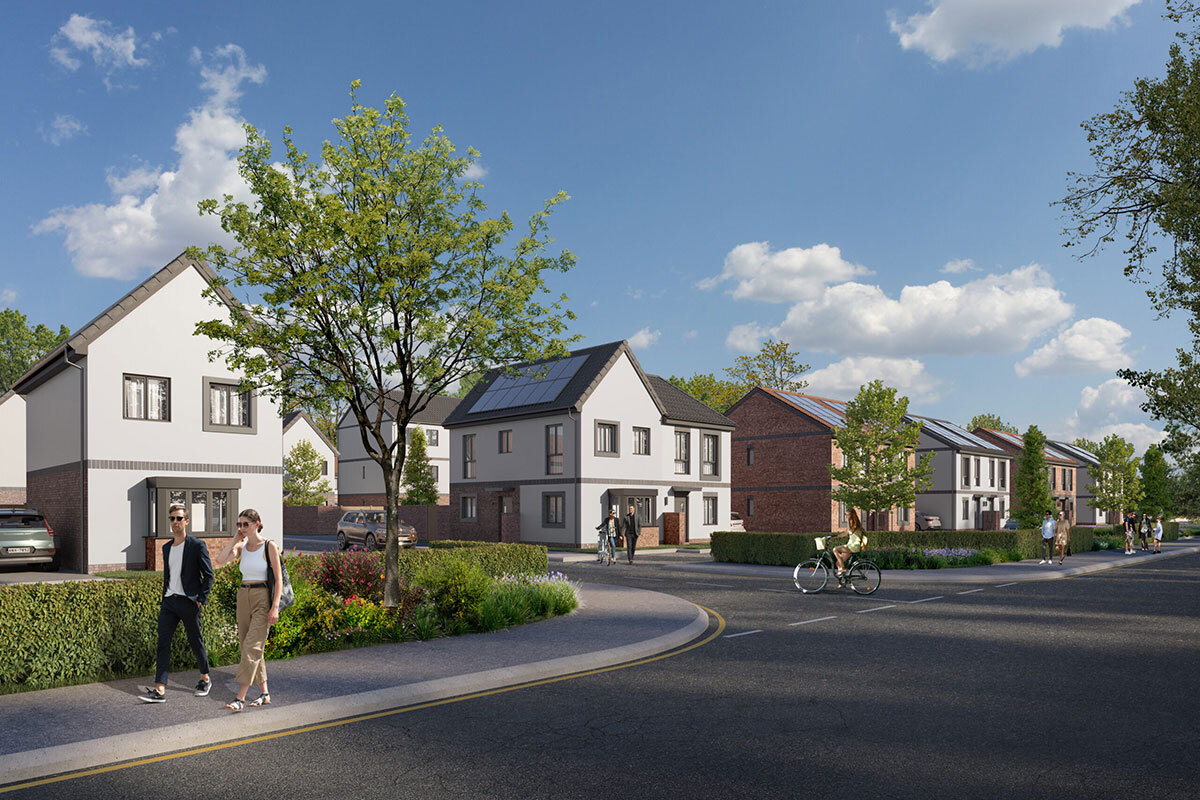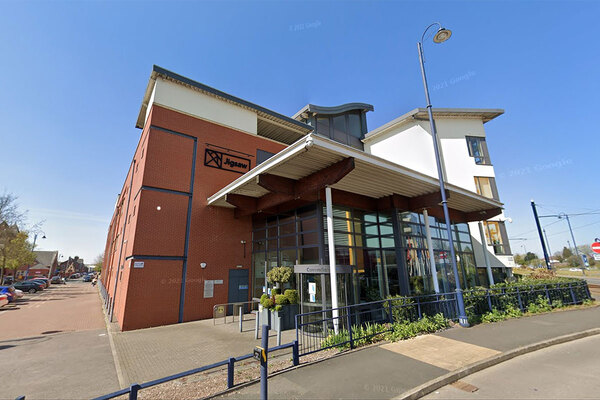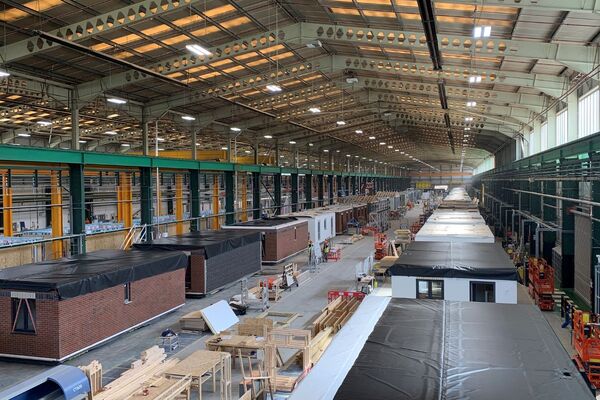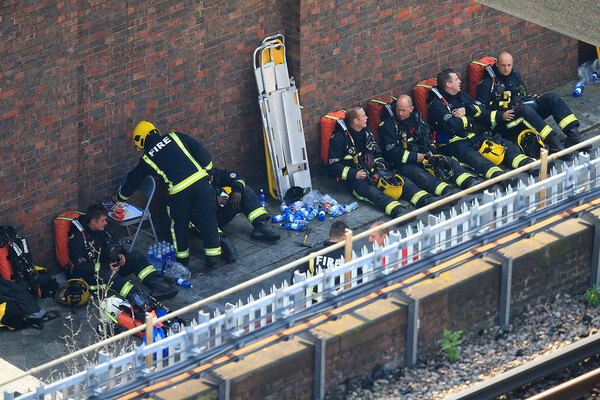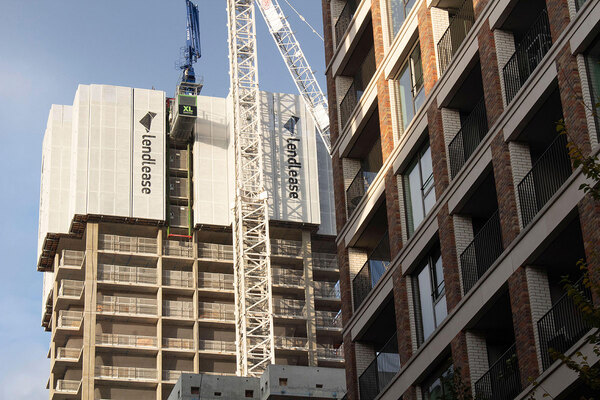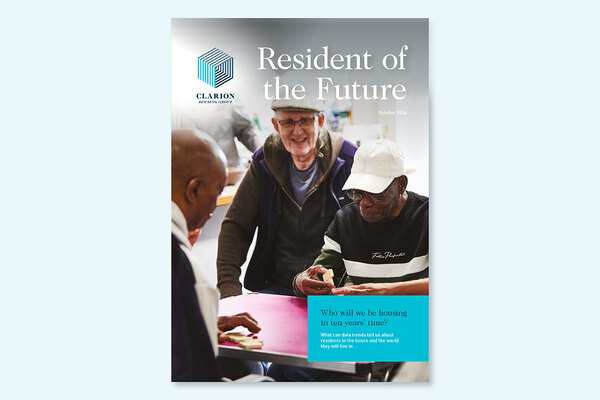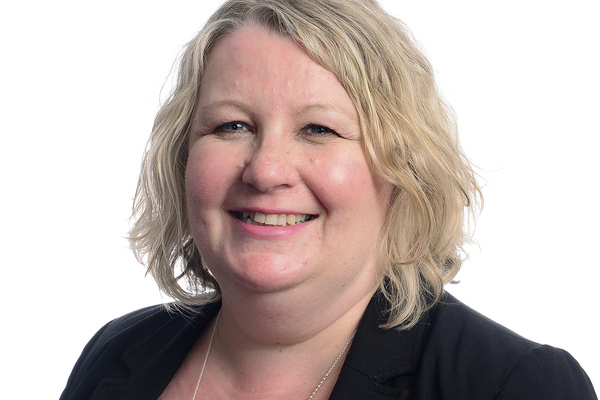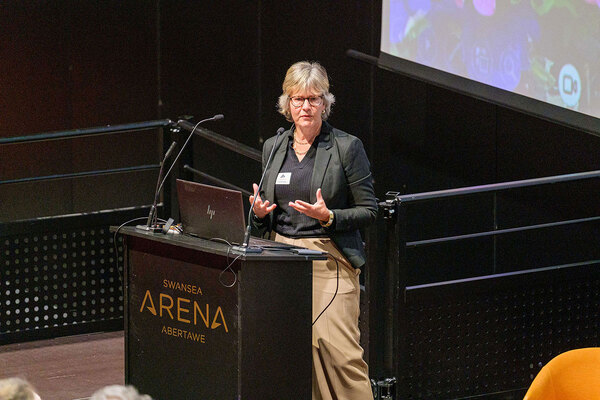You are viewing 1 of your 1 free articles
Jigsaw builds more than 900 new homes as surplus swells by 60%
Jigsaw Homes had a “record year” for housebuilding with more than 900 new homes built in 2023-24.
The 37,406-home landlord, which owns homes across the North West and the East Midlands, reported increased turnover and surplus in its accounts for the last financial year.
Turnover at Jigsaw stood at £215.1m in 2023-24, up from £200.9m the year before, while operating surplus was £56.2m, up from £48.9m in 2022-23. Post-tax surplus was £21.5m, up 60% from £13.4m in 2022-23.
Roli Barker, group chair, said that demand for repairs and cost inflation have “combined to suppress our surplus” but pointed out that the landlord was awarded an A2 stable rating by Moody’s during the year.
Jigsaw completed 929 new homes in 2023-24, the highest total since its formation in 2018. Starts stood at 545, below a target of 695, due to planning and funding bid delays. By year end, the group had 1,800 homes under construction across 53 sites.
Ms Barker said that the 929 new homes were built last year “in the face of real challenges in the building industry” that saw three construction partners become insolvent and delayed development of 336 homes. She said the group was on track to meet its target of building 4,000 new homes from 2021-26.
One site was Jigsaw’s modern methods of construction pilot with Ilke Homes, the modular house builder that collapsed in June 2023 before it could complete 85 affordable homes for the landlord in Gedling, Nottinghamshire. A new contractor was appointed in July to complete the scheme after “considerable time and effort”, according to the accounts.
A total of 102 shared ownership sales were completed during 2023-24, which also saw Brian Moran promoted to become the housing association’s new chief executive.
Jigsaw’s operating margin was 24.2% at year end, up from 21.5% the previous year but lower than the annual target of 25.6%. This was mainly due to “lower-than-expected capitalised component replacements” being achieved in the year.
Some planned maintenance works were delayed due to “competing resource pressures” and the need to redeploy in-house installers to deal with damp and mould, disrepair and void works.
EBITDA MRI interest cover was 137.11%, up from 124.3% in 2022-23. Rent arrears rose to £9.5m from £8.5m in 2022-23.
A theme during the year was “the continued elevated level of repairs reported by tenants”, Ms Barker said, particularly relating to mould and condensation.
Repairs performance was “marginally outside of target” for 2023-24, but the landlord recruited 56 new repair workers, improved staff training and prioritised reports of damp and mould in its recording systems.
The group has set aside £26.8m for building safety improvements over the next five years.
In January, Mr Moran spoke to Inside Housing about nurturing new talent in the sector, the challenges of building and retrofit, and what he makes of Labour’s housing plans.
Sign up for our development and finance newsletter
Already have an account? Click here to manage your newsletters
